Introduction: The Evolution of Digital Gaming Platforms
The digital gaming landscape has witnessed remarkable transformations in recent years, with platforms evolving from simple online casinos to comprehensive entertainment ecosystems. At the forefront of this evolution stands Soft2Bet, a pioneering iGaming company that has successfully demonstrated how strategic transformation can redefine market positioning. Through their flagship project ToonieBet, Soft2Bet has created a blueprint for turning traditional casino platforms into next-generation mobile experiences, setting new standards for player engagement and market adaptation. The complete Soft2Bet case study reveals the strategic decisions and implementation processes that drove this successful transformation.
Understanding the Soft2Bet Business Model
Core Platform Capabilities
Soft2Bet operates as a leading iGaming company with a primary focus on providing turnkey solutions such as online casino and sportsbook software. The company’s comprehensive approach encompasses multiple service areas that create a complete gaming ecosystem for operators and players alike.
Key Service Areas:
- Turnkey Casino Solutions – Complete white-label gaming platforms
- Sportsbook Integration – Advanced betting systems with live data feeds
- Mobile-First Development – Native applications for iOS and Android
- Localization Services – Market-specific customization and compliance
- Gamification Systems – Advanced engagement tools through MEGA platform
Technical Infrastructure Highlights
The platform demonstrates impressive technical capabilities with extensive coverage across multiple gaming verticals. The infrastructure supports 600,000 prematch events per year, providing players with comprehensive betting opportunities across various sports and leagues. Additionally, the platform covers 500,000 live events annually through in-house operations, ensuring real-time betting accuracy and engagement.
The virtual sports segment contributes 200,000 events yearly, while the esports division covers 30 top worldwide championships, reflecting the platform’s commitment to emerging gaming trends and younger demographics.
The ToonieBet Transformation: A Comprehensive Case Study
Phase 1: Strategic Market Analysis
The ToonieBet project began with a focused approach to the Canadian market, specifically targeting Ontario’s regulated gaming environment. The evolution started with three strategic pillars that would define the platform’s success trajectory.
Strategic Decision Factors:
- Market Opportunity: Ontario’s newly regulated gaming market presented untapped potential
- Regulatory Compliance: Meeting strict Canadian gaming standards from the outset
- Local Payment Integration: Supporting preferred Canadian payment methods like Interac
- Cultural Localization: Understanding Canadian player preferences and gaming culture
The evolution of ToonieBet followed precise decisions: betting on the Ontario market as one of the most promising and demanding, prioritizing the product with rich game selection, instant payouts, and native payouts like Interac, and going beyond the casino through integration of sports betting, real-time analytics, and exclusive broadcasts.
Phase 2: Mobile-First Development Strategy
The transformation emphasized that modern players expect seamless mobile experiences without device switching. The time of switching between devices is a thing of the past, requiring everything to work here and now, right from your phone. This insight drove the development of a comprehensive mobile strategy.
Mobile Optimization Features:
- Native Applications: Apps available on App Store and Google Play
- User Experience: Intuitive interface with fast navigation capabilities
- Performance: Fast loading times and instant betting functionalities
- Design Localization: Canadian-themed elements and cultural references
The ToonieBet team invested in creating a complete mobile experience with apps on the App Store and Google Play featuring user-friendly interfaces, fast loading, instant betting, and native controls with Canadian style in every button and icon.
Phase 3: Sportsbook Integration and Comprehensive Gaming
The platform’s evolution from casino to comprehensive gaming destination required sophisticated sportsbook integration. The development team focused on creating seamless transitions between casino gaming and sports betting, ensuring players could access both experiences within a single platform.
The sportsbook launch incorporated live data feeds connecting users to accurate live betting odds for local and international sports events. This technical integration allows customers to engage with more than 85,000 live sports events and over 70,000 pre-match lines monthly, creating extensive betting opportunities.
Advanced Gamification: The MEGA System
Motivational Engineering Gaming Application (MEGA)
Thanks to MEGA (Motivational Engineering Gaming Application), Soft2Bet’s platform transforms gaming sessions into exciting journeys where players complete challenges, gather unique item collections, participate in tournaments, and receive rewards that take into account their individual goals.
The MEGA system represents a sophisticated approach to player engagement that goes beyond traditional gaming mechanics. All of this is organized into a vivid, emotionally rich narrative, the very story that you want to live through again.
MEGA System Components:
- Challenge Systems: Progressive achievement tracking with personalized goals
- Collection Mechanics: Unique item gathering features that encourage exploration
- Tournament Integration: Competitive gaming elements with community aspects
- Personalized Rewards: Individual goal-based incentives and recognition
- Narrative Elements: Engaging storytelling components that create emotional connection
Responsible Gaming Integration
Player protection remains a cornerstone of the Soft2Bet approach. Responsible gaming tools are built in natively: you can set limits, monitor statistics, and receive preventive prompts if activity becomes excessive. This integration ensures that entertainment value never compromises player wellbeing.
These are technical solutions as part of the philosophy that the player should feel in control and confident, creating a unique atmosphere of trust. The responsible gaming features work seamlessly across all platform touchpoints, maintaining consistency in player protection regardless of access method.
Market Performance and Results
Launch Success Metrics
The ToonieBet launch demonstrated significant market penetration within the competitive Ontario gaming landscape. The platform achieved substantial user acquisition through strategic marketing and superior user experience design.
Performance Indicators:
- User Acquisition: Rapid growth in app downloads and user registrations
- Market Position: Established competitive presence in Ontario’s regulated market
- Feature Adoption: High engagement rates with gamification elements
- Player Retention: Improved retention through personalized experience design
- Revenue Growth: Successful monetization across casino and sportsbook verticals
Partnership Development and Community Engagement
The platform’s success extends beyond individual player engagement to include strategic partnerships that enhance brand visibility and community connection. These collaborations include in-arena branding, digital activations, and promotional campaigns designed to increase fan engagement across Ontario.
The partnership strategy focuses on authentic community connections rather than superficial sponsorship arrangements. This approach creates genuine value for both partners and players while establishing ToonieBet as a trusted brand within the Ontario gaming community.
Technical Implementation Framework
Development Methodology
The transformation from casino to comprehensive gaming platform required a structured development approach that balanced innovation with stability. The implementation followed a careful methodology designed to minimize disruption while maximizing feature enhancement.
Implementation Phases:
- Platform Assessment – Comprehensive analysis of existing casino infrastructure
- Market Research – In-depth understanding of local player preferences and behaviors
- Technical Integration – Seamless addition of sportsbook capabilities to existing systems
- Mobile Optimization – Ensuring superior mobile experience across all features
- Testing and Launch – Extensive quality assurance and soft launch procedures
- Post-Launch Optimization – Continuous improvement based on real user feedback
Integration Challenges and Solutions
The technical transformation presented several complex challenges that required innovative solutions and careful planning to overcome successfully.
Key Technical Challenges:
- Data Feed Integration: Ensuring real-time sports data accuracy across multiple sources
- Payment Processing: Implementing Canadian-specific payment methods and compliance
- Regulatory Compliance: Meeting Ontario Gaming Commission requirements precisely
- Performance Optimization: Maintaining platform speed across expanded feature sets
- Cross-Platform Compatibility: Ensuring consistent experience across devices and browsers
Each challenge required dedicated technical solutions and ongoing monitoring to ensure optimal performance. The development team implemented redundant systems for critical functions and established comprehensive monitoring protocols to maintain service quality.
Market Localization Strategies
Understanding Canadian Gaming Culture
Successful market penetration required deep cultural understanding beyond surface-level localization. Canadian style appears in every button and icon, from symbols to favorite animals, because good design isn’t a nice thing to have anymore – it’s a way of saying ‘You’re home’.
This philosophy drove comprehensive localization efforts that touched every aspect of the user experience. The platform incorporates Canadian cultural references, sports preferences, and communication styles to create authentic connections with local players.
Localization Elements:
- Visual Design: Canadian-themed graphics, colors, and seasonal elements
- Cultural References: Integration of local sports teams, events, and traditions
- Payment Methods: Interac and other preferred Canadian financial services
- Customer Support: Local time zone coverage with Canadian-trained staff
- Marketing Approach: Canadian-specific promotional strategies and messaging
Competitive Differentiation
The platform distinguished itself through unique value propositions that addressed specific gaps in the Ontario gaming market. This differentiation strategy focused on areas where competitors had underperformed or overlooked player needs.
Unique Value Propositions:
- Complete Mobile Experience: Native applications with full casino and sportsbook functionality
- Integrated Gamification: MEGA system creating engaging narratives and progression
- Local Community Focus: Ontario-specific content, partnerships, and promotions
- Responsible Gaming: Built-in player protection tools from platform foundation
- Premium User Experience: Fast payouts, instant betting, and responsive support
Financial and Business Impact
Revenue Generation Model
The transformation created a diversified revenue model that reduced dependence on single gaming verticals while increasing overall player lifetime value. This approach provides stability during market fluctuations and seasonal variations.
Revenue Sources:
- Casino Gaming: Traditional slot machines, table games, and live dealer revenues
- Sports Betting: Pre-match and live betting commissions across multiple sports
- Tournament Fees: Competitive gaming event participation and entry fees
- Partnership Revenue: Brand collaboration income and sponsorship agreements
- Premium Features: Enhanced user experience offerings and subscription services
Cost-Benefit Analysis
The transformation required significant investment across multiple areas, but the strategic approach ensured positive return on investment through careful resource allocation and phased implementation.
Investment Areas:
- Technology Development: Mobile application creation, optimization, and ongoing maintenance
- Regulatory Compliance: Legal requirements, licensing fees, and compliance monitoring
- Marketing and Promotion: Brand awareness campaigns and user acquisition initiatives
- Partnership Development: Strategic alliance building and collaboration agreements
- Ongoing Operations: Customer support expansion and platform maintenance
Future Development Roadmap
Expansion Opportunities
Soft2Bet isn’t treating ToonieBet’s achievements so far as the finish line but as an important and ambitious milestone in a broader transformation. This forward-thinking approach positions the platform for continued growth and innovation.
Future development opportunities span multiple areas including geographic expansion, feature enhancement, and technology integration. The roadmap prioritizes sustainable growth while maintaining the quality standards that drove initial success.
Potential Growth Areas:
- Geographic Expansion: Extension to other Canadian provinces and international markets
- Feature Enhancement: Additional gaming options, betting markets, and entertainment features
- Technology Integration: Artificial intelligence, machine learning, and predictive analytics
- Partnership Expansion: Additional sports teams, entertainment venues, and brand collaborations
- Product Innovation: Next-generation gaming experiences and emerging technology adoption
Industry Trend Adaptation
The platform continues evolving with industry trends and emerging technologies that shape player expectations and market dynamics. This proactive approach ensures continued relevance and competitive advantage.
Emerging Technologies:
- Artificial Intelligence: Personalized gaming recommendations and predictive player support
- Blockchain Integration: Enhanced security, transparency, and alternative payment methods
- Virtual Reality: Immersive gaming experiences and virtual venue attendance
- Social Gaming: Community-driven features, social betting, and shared experiences
- Cryptocurrency Payment: Digital currency integration and blockchain-based transactions
Lessons Learned and Best Practices
Critical Success Factors
The ToonieBet transformation highlighted several key principles that contributed to its success and provide valuable insights for similar projects in the gaming industry.
Essential Success Elements:
- Market-First Approach: Deep understanding of local player needs, preferences, and behaviors
- Mobile Optimization: Prioritizing mobile experience over traditional desktop approaches
- Cultural Integration: Comprehensive localization that goes beyond language translation
- Player Safety: Implementing responsible gaming measures from the platform foundation
- Continuous Innovation: Regular feature updates and improvements based on user feedback
Common Pitfalls to Avoid
The transformation process revealed potential challenges that other operators should consider when planning similar projects. Learning from these experiences helps avoid costly mistakes and implementation delays.
Potential Challenges:
- Regulatory Oversights: Insufficient compliance planning and legal preparation
- Technical Integration Issues: Poor platform performance during peak usage periods
- Cultural Misalignment: Generic approaches that fail to resonate with local players
- User Experience Compromises: Complex interfaces that confuse rather than engage players
- Safety Negligence: Inadequate responsible gaming measures and player protection
Industry Impact and Recognition
Market Reception
ToonieBet has become more than just a gaming platform for many players – it is a space where every bet, every achievement, is built into a system created with attention to detail. This transformation serves as a case study demonstrating how to launch successfully in highly competitive environments.
The platform’s success influenced broader industry conversations about mobile-first development, localization strategies, and integrated gaming experiences. Industry publications and conferences have featured the ToonieBet case as an example of successful market entry and platform transformation.
Industry Recognition:
- Innovation Awards: Recognition for mobile-first development approach and user experience design
- Player Satisfaction: Consistently high ratings in app stores and gaming review platforms
- Industry Coverage: Featured coverage in gaming publications, conferences, and industry reports
- Regulatory Approval: Successful compliance with Ontario Gaming Commission standards and requirements
- Partnership Success: Strategic alliances with major sports organizations and community groups
Competitive Response
The success has influenced competitor strategies across the Ontario gaming market and beyond, with several operators adopting similar approaches to mobile optimization and local market engagement.
Market Changes:
- Mobile Focus: Increased industry emphasis on mobile-first development and optimization
- Localization Trend: Greater attention to market-specific customization and cultural integration
- Gamification Adoption: More platforms integrating engagement features and progression systems
- Responsible Gaming: Enhanced focus on player protection tools and safety measures
- Partnership Models: Increased collaboration with sports teams, venues, and community organizations
Conclusion: The Future of Digital Gaming Transformation
ToonieBet demonstrates what happens when a platform grows with its audience, proving that mobile-first isn’t a buzzword, that localization goes deeper than language, and that gamification can be a strategy, not a sideshow. The Soft2Bet case study provides a comprehensive blueprint for digital gaming transformation that prioritizes player experience, regulatory compliance, and sustainable growth.
The success of this transformation lies in its holistic approach, combining technical excellence with deep market understanding, regulatory compliance with innovative features, and player engagement with responsible gaming practices. When all of this is aligned with product quality and user care, growth stops being a goal and becomes the outcome.
For gaming operators considering similar transformations, the ToonieBet case demonstrates that success requires more than technical capability. It demands comprehensive understanding of player needs, market dynamics, and the courage to innovate while maintaining responsible gaming standards. The future of digital gaming lies in creating experiences that are not just entertaining but also trustworthy, localized, and designed for the mobile-first generation of players.
If there’s one thing ToonieBet has shown, it’s this: betting on experience pays off. This principle guides not only individual platform development but also broader industry evolution toward more engaging, responsible, and player-centric gaming experiences.
Key Takeaways for Industry Professionals:
- Strategic Planning: Comprehensive market analysis and competitive positioning before platform transformation
- Technology Investment: Robust mobile-first development approach with native application focus
- Cultural Understanding: Deep localization strategies that create authentic player connections
- Player Protection: Integrated responsible gaming measures from platform foundation development
- Continuous Evolution: Ongoing innovation and improvement based on player feedback and market trends
The Soft2Bet and ToonieBet transformation story continues to evolve, setting new standards for what’s possible when gaming platforms truly commit to growing with their audiences while maintaining the highest standards of player protection and user experience. This case study serves as both inspiration and practical guide for operators seeking to transform their platforms and capture new market opportunities in the rapidly evolving digital gaming landscape.

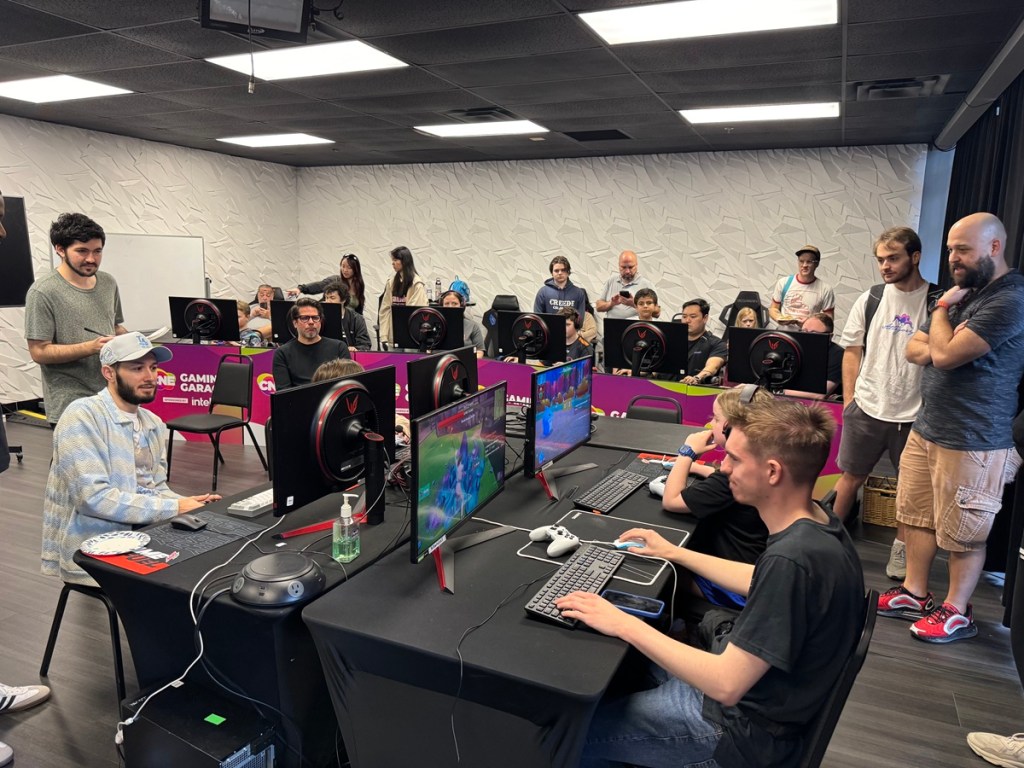



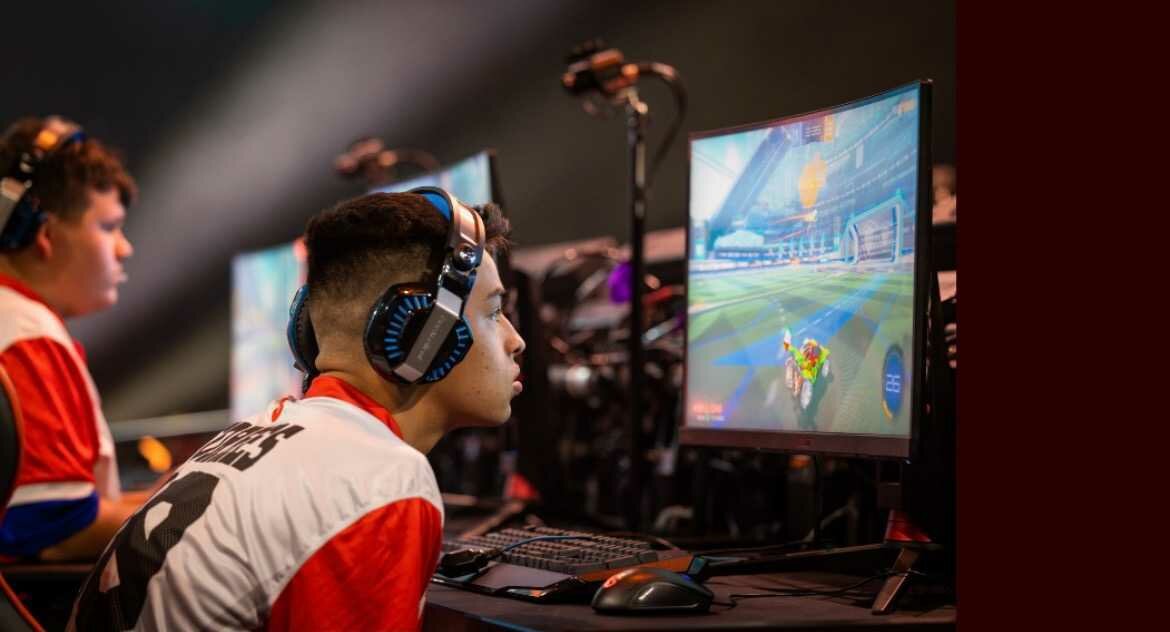
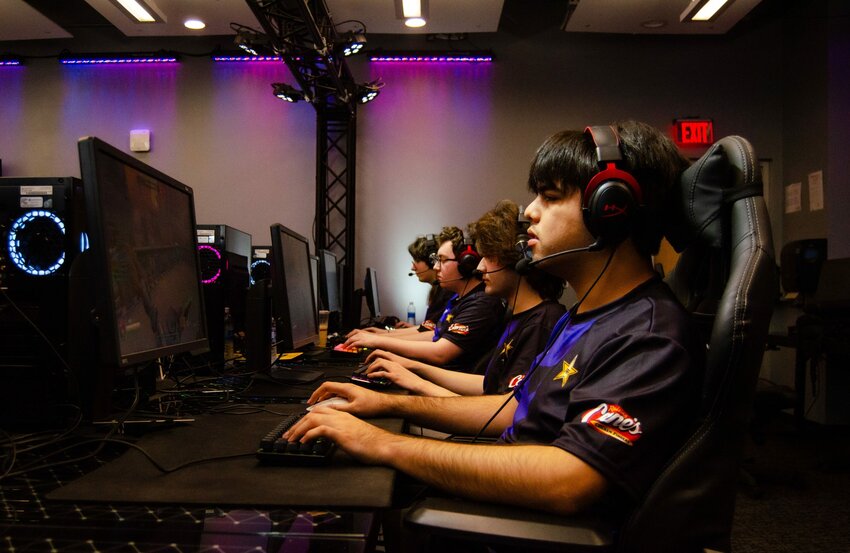
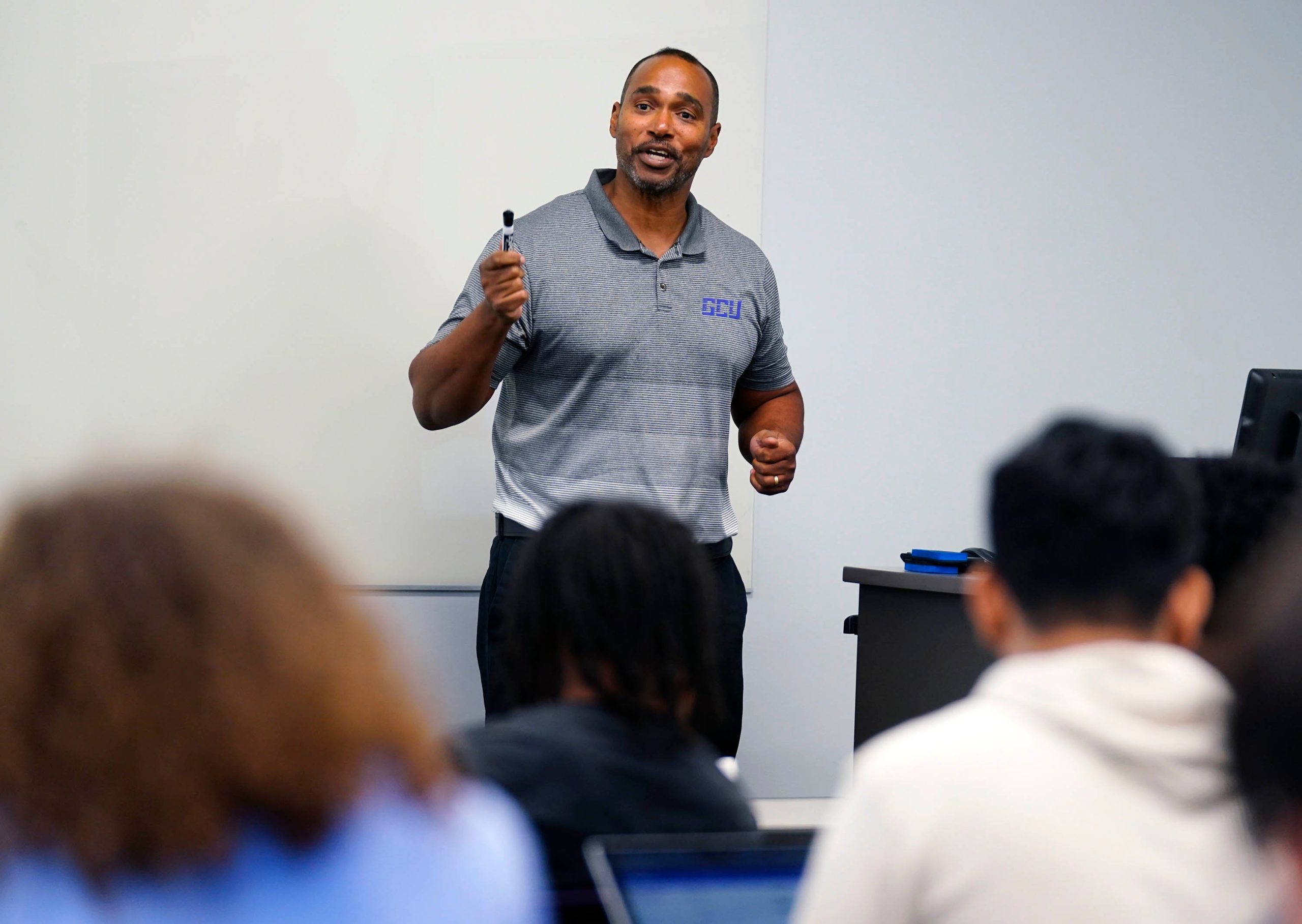
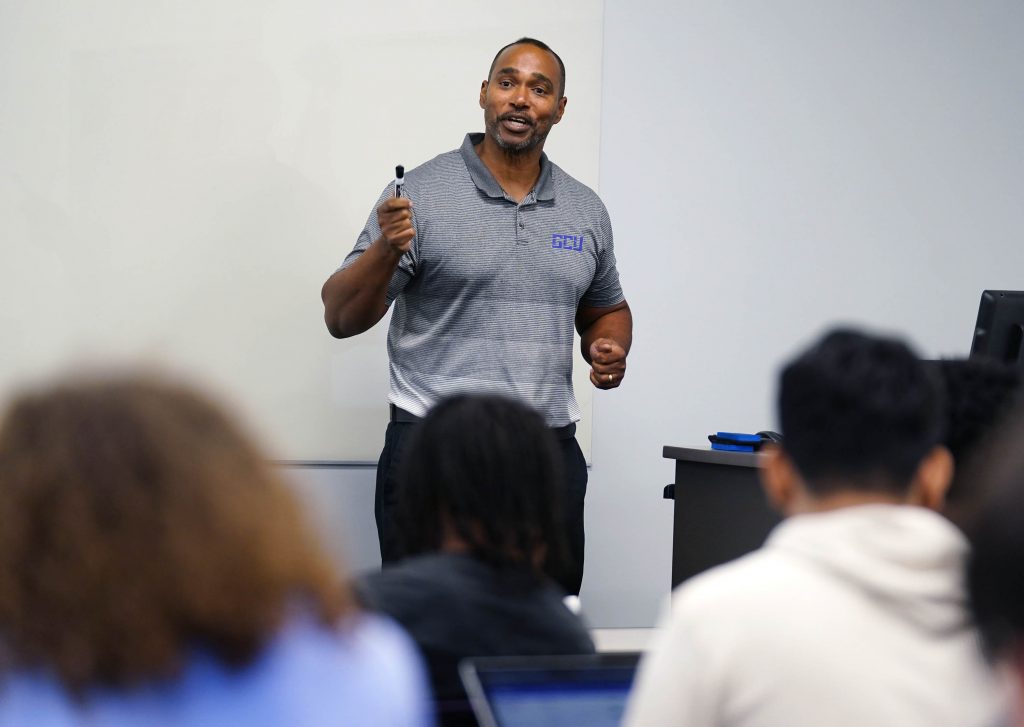
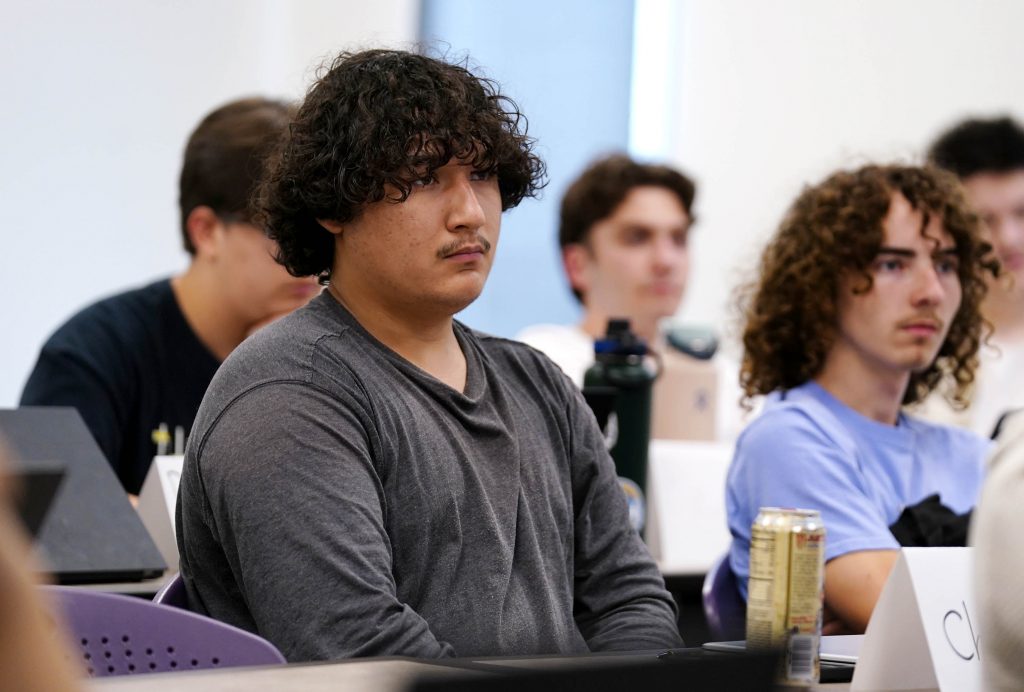

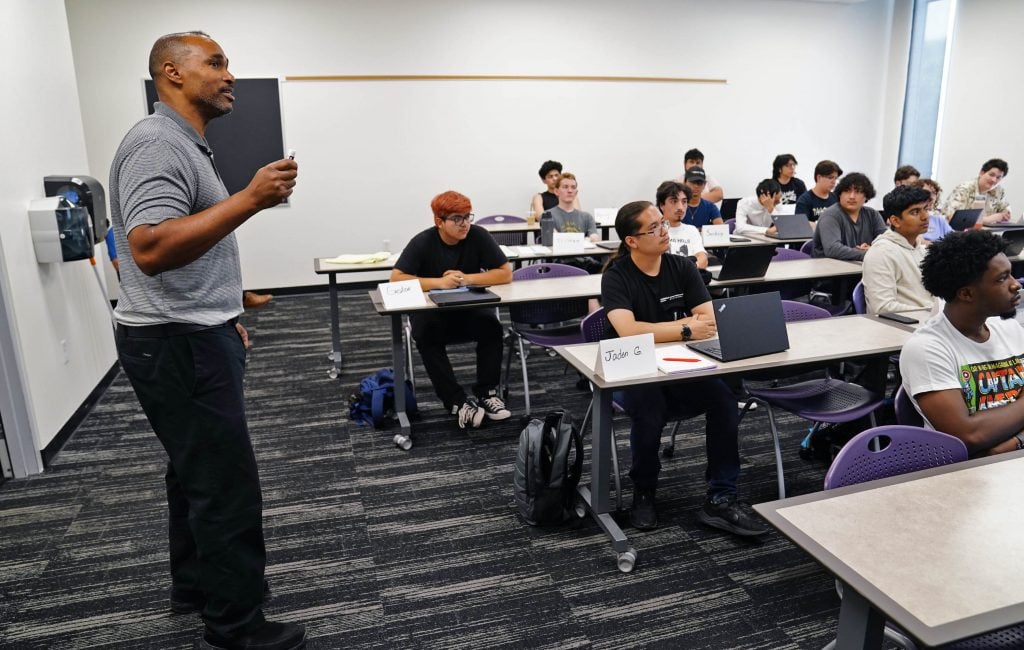
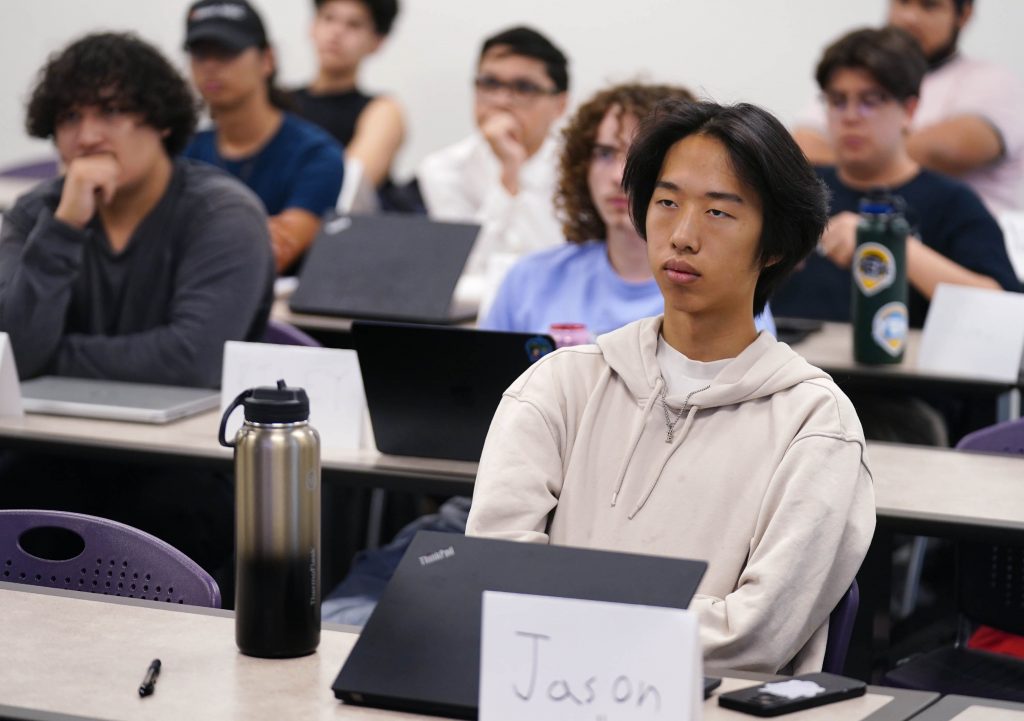
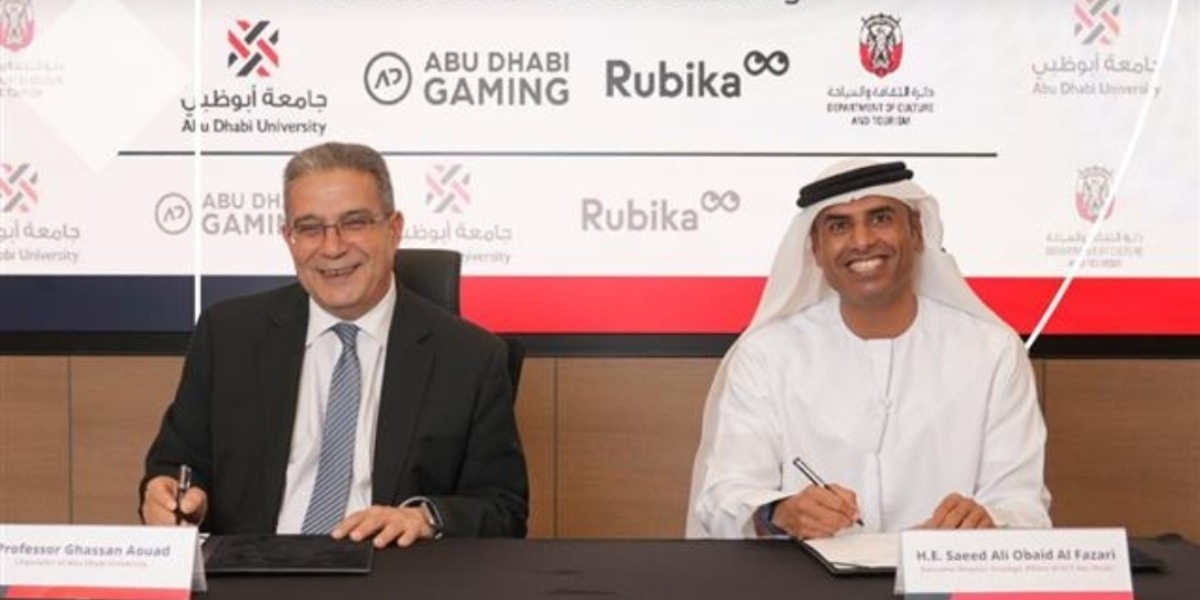
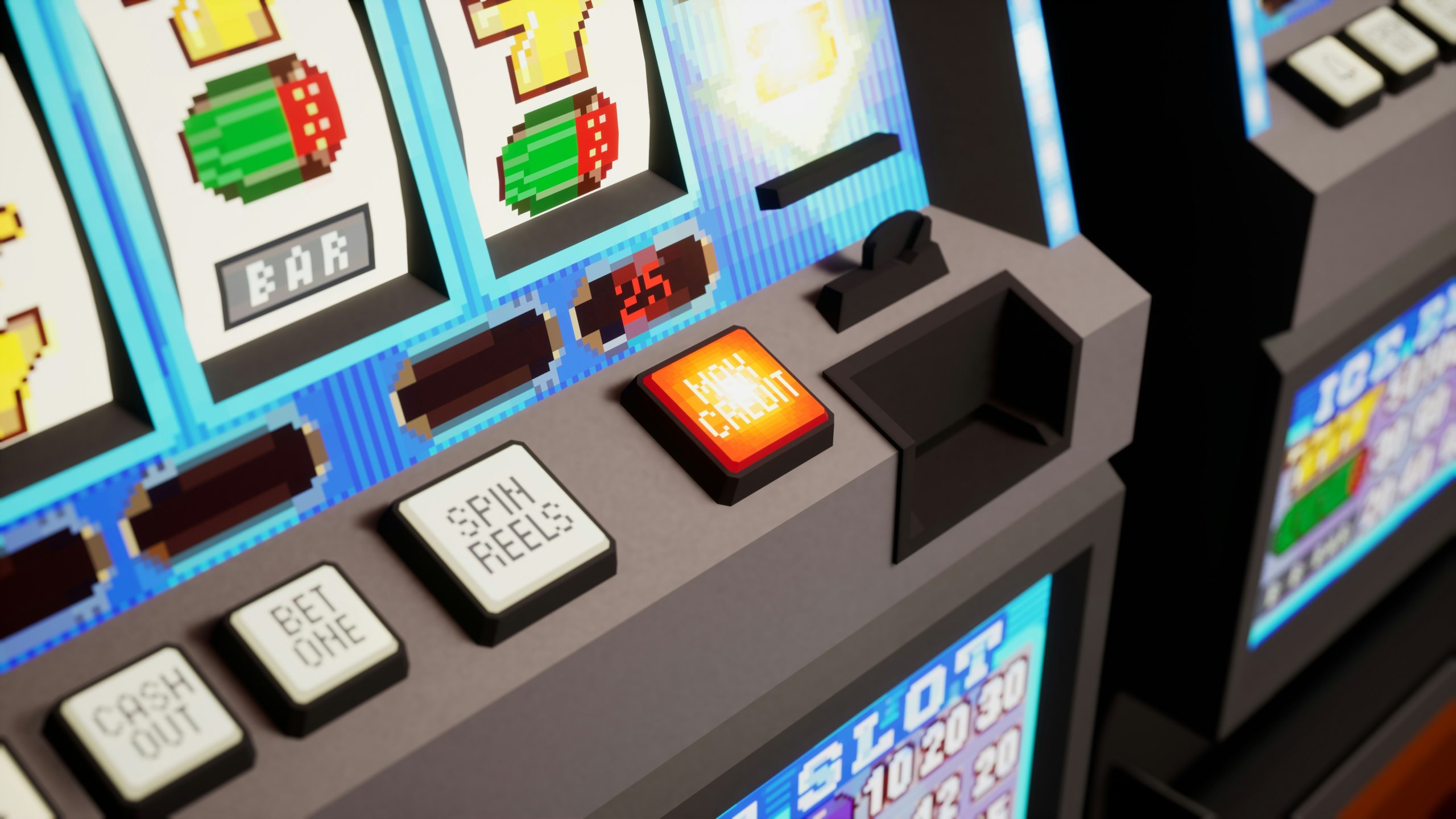

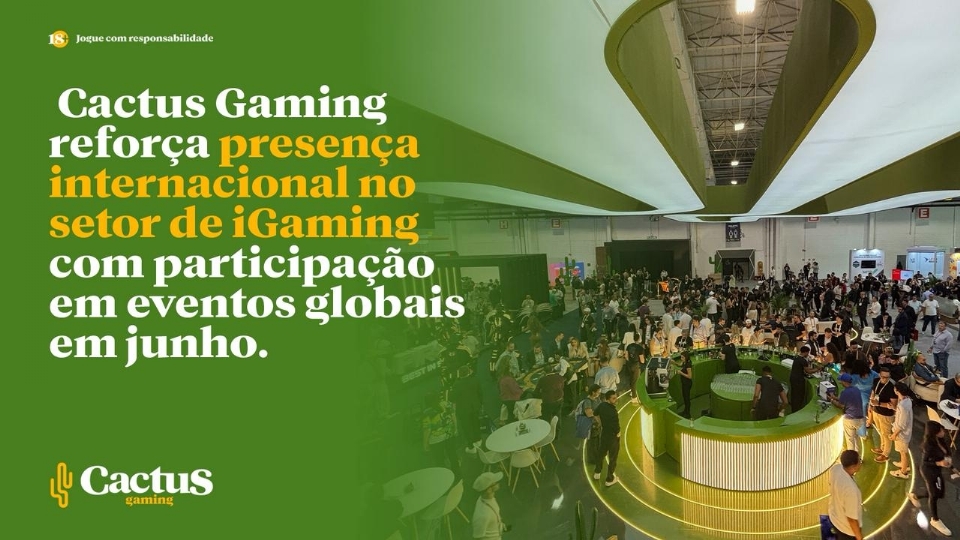







 Shai Gilgeous-Alexander’s big 2nd half lifts Thunder past Wolves | SportsCenter
Shai Gilgeous-Alexander’s big 2nd half lifts Thunder past Wolves | SportsCenter












































